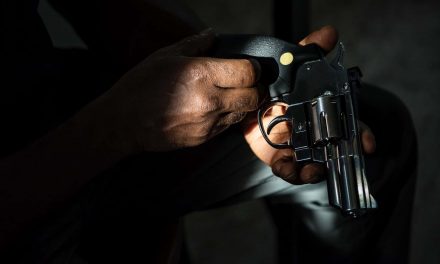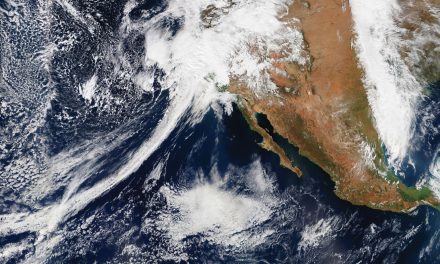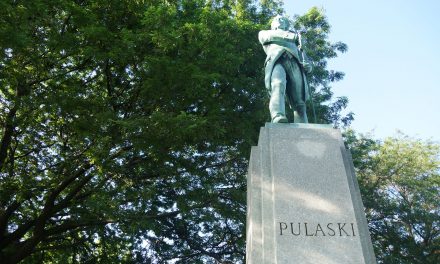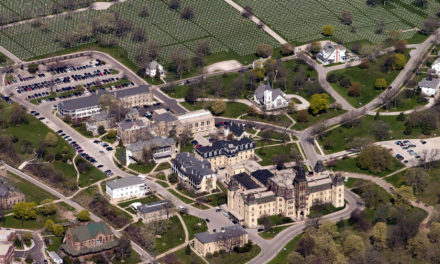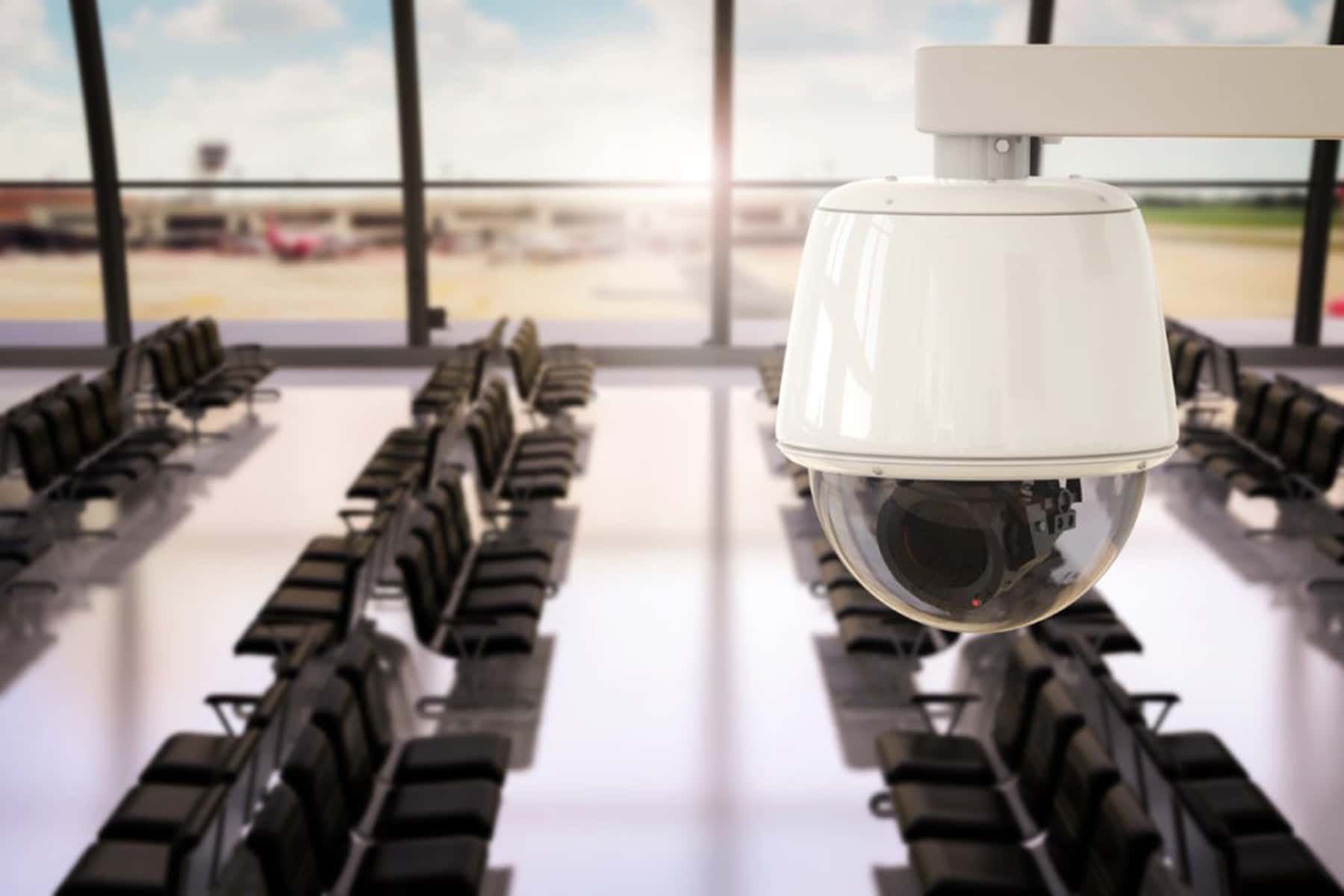
Over the last couple years, it has become increasingly clear that facial recognition technology doesn’t work well, and would be a civil liberties and privacy nightmare even if it did. But that has not stopped the Trump administration from moving forward with its dangerous plans to expand the technology’s use at U.S. airports and other ports of entry.
U.S. Customs and Border Protection (CBP) has proposed a new rule that would massively expand the use of face surveillance at the border, further entrenching a dystopian surveillance infrastructure that threatens our rights to privacy and anonymity, and disproportionately harms people of color and immigrants. Today, we and a diverse group of rights organizations are calling on the government to withdraw its plans.
According to a notice published in November, CBP plans to collect the faceprint of virtually every non-U.S. citizen who enters or exits the U.S., including children. The faceprints will then be stored in a government database for up to 75 years, where they may be used not only by the Department of Homeland Security, but by foreign governments and federal, state, and local law enforcement to identify individuals for a variety of purposes. CBP says it will apply a face-matching algorithm to travelers, comparing their faceprints to a gallery of other images in the government’s possession.
This plan is unjustified, unnecessary, and dangerous. Unlike fingerprints and many other biometrics, faceprints can be collected covertly, at a distance, and without our consent. Once a government acquires a person’s faceprint, it creates a risk of a unique and unprecedented form of persistent surveillance, one that allows the government to identify and track people without their knowledge.
Congress has not authorized the government to take such an extraordinary and unprecedented step, and the government already collects fingerprints from non-U.S. citizens entering the United States, undercutting its claims about the unique value of facial recognition for identity verification.
Face surveillance gives governments, companies, and individuals the power to spy on us wherever we go, and we are already seeing its harmful consequences. In China, the telecommunications firm Huawei was reportedly testing a facial recognition algorithm that could send automated alerts to police when it identifies a member of the Uighur community, an oppressed Muslim minority group that has been subjected to unconscionable human rights violations in China. And here in the United States, the government has already used this technology to spy on protesters.
CBP’s proposed expansion of the technology will disproportionately harm immigrants and communities of color. Several recent studies, including government studies, have shown that the technology is biased and flawed, failing to accurately identify Black people at disproportionate rates. Notably, at least two Black men have already been falsely identified by face recognition in Detroit, leading to their wrongful arrests for crimes they did not commit.
Faulty facial recognition technology could provide a pretext for subjecting people of color and religious minority groups to additional screening and harassment. And regardless of the accuracy of CBP’s face-matching technology, DHS’ retention and sharing of travelers’ faceprints for up to 75 years will facilitate unjustified law enforcement scrutiny of immigrant and other communities for decades.
Granting CBP the extraordinary and unprecedented power to conduct persistent, secret surveillance of public movements with a faulty technology is cause for significant alarm. CBP played a leading role in carrying out family separations under President Trump’s cruel policy. The agency has a well-documented history of detaining people in horrific conditions, using lethal force, tracking and spying on journalists, and profiling Black and Brown communities and religious minorities.
It is not difficult to imagine CBP using flawed facial recognition technology and face-matching errors to detain elderly and other vulnerable individuals at airports for hours without access to a lawyer, interrogate people about their political opinions and views, and conduct searches of our mobile devices in violation of the Fourth Amendment.
CBP’s proposed use of face surveillance at airports, sea ports, and the land border would put the United States on an extraordinarily dangerous path toward the normalization of this surveillance and raises profound civil liberties concerns. The deployment of this society- changing technology is unnecessary and unjustified. The government must retract its dangerous proposed rule, and the Biden administration must put the brakes on this country’s slide into an anti-immigrant dystopia.
Written By
Аshlеy Gоrskі

